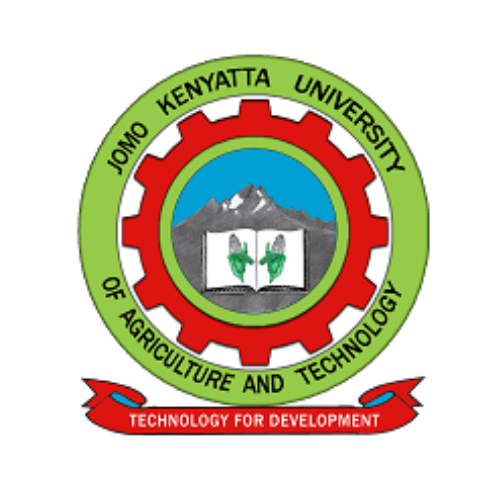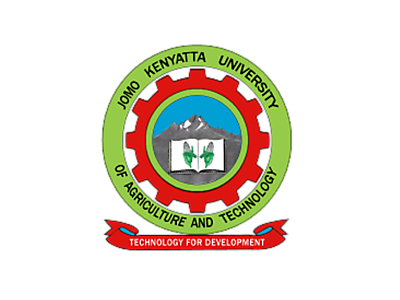Jomo Kenyatta University of Agriculture and Technology Home

Background
Jomo Kenyatta University of Agriculture and Technology is situated in Juja, 36 kilometres North East of Nairobi, along Nairobi-Thika Highway.
It was started in 1981 as a Middle-Level College (Jomo Kenyatta College of Agriculture and Technology (JKCAT)) by the Government of Kenya with generous assistance from the Japanese Government. Plans for the establishment of JKCAT started in 1977. In early 1978, the founding father of the nation, Mzee Jomo Kenyatta donated two hundred hectares of farmland for the establishment of the college.
The first group of students were admitted on 4th May 1981. H.E. Daniel Arap Moi formally opened JKCAT on 17th March 1982. The first graduation ceremony was held in April 1984 with Diploma Certificates presented to graduates in Agricultural Engineering, Food Technology and Horticulture.
On 1st September 1988, H.E. Daniel Arap Moi, declared JKCAT a constituent College of Kenyatta University through a legal Notice, under the Kenyatta University Act (CAP 210C). The name of JKCAT officially changed to Jomo Kenyatta University College of Agriculture and Technology (JKUCAT). It was finally established as a University through the JKUAT Act, 1994 and inaugurated on 7th December 1994.
Vision
A University of global excellence in Training, Research, Innovation and Entrepreneurship for development.
Mission
To offer accessible quality training, research, innovation and entrepreneurship in order to produce leaders in the fields of Agriculture, Engineering, Technology, Enterprise Development, Built Environment, Health Sciences, Social Sciences and other Applied Sciences to suit the needs of a dynamic world.
University motto
Setting Trends in Higher Education, Research, Innovation and Entrepreneurship.
Objectives
To provide directly or indirectly or in collaboration with other institutions of higher learning, facilities for university education including agriculture, scientific, cultural, technological, and professional education, and integration of teaching, research and effective application of knowledge and skills to the life, work and welfare of citizens of Kenya.
Sign in to add your comment.
Suggested Pages
Quick Review
Enrollment
22,500
Type
Non-profit
Funding
Public-private partnership
Languages
English
Acceptance rate
95%
Highest Degree
Doctorate
- 2770 of 14.160 in the World
- 48 of 1,103 in Africa
